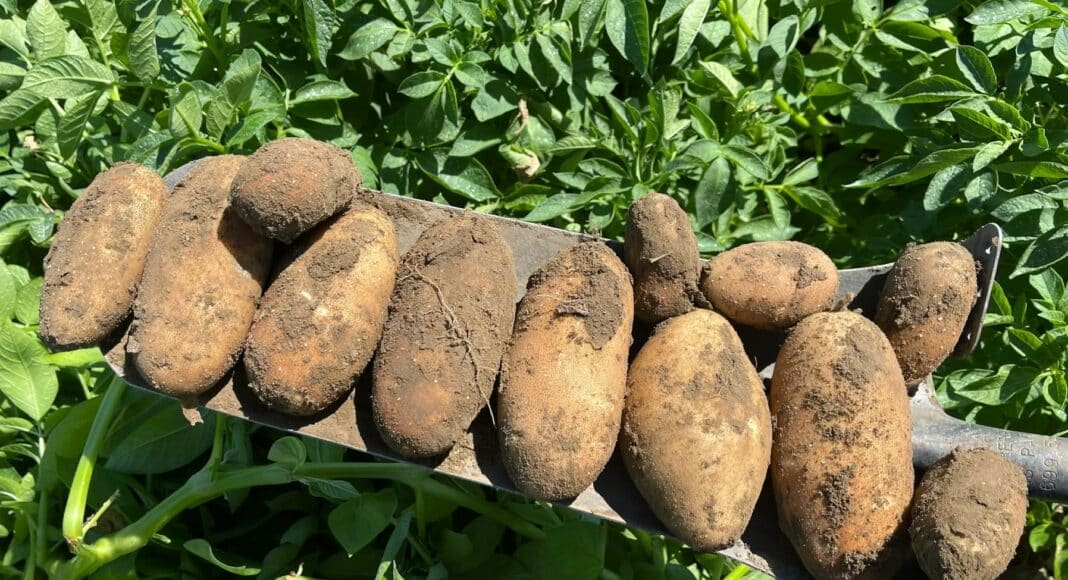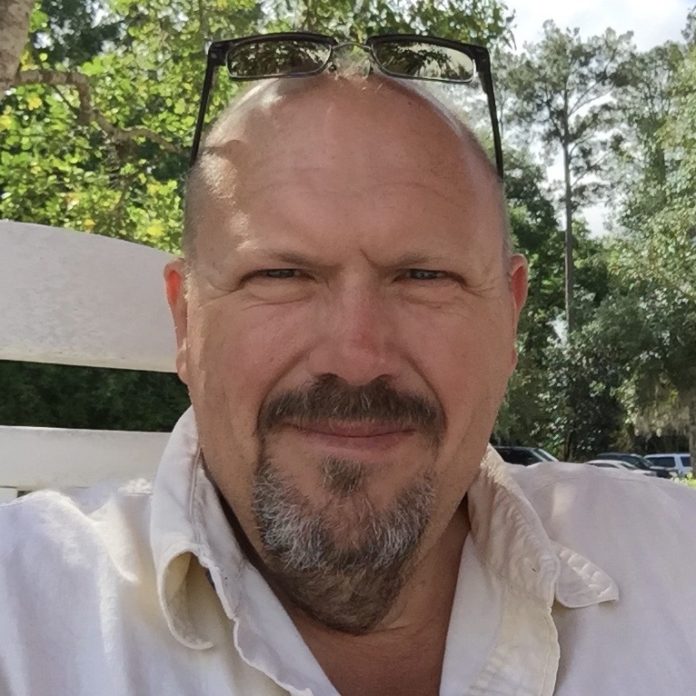I had a conversation some weeks ago that has really stuck with me. The conversation was with Joy Youwakim, an agroecology scientist at Biome Makers. Specializing in DNA sequencing of the microorganisms in agricultural soil, Biome Makers provides analysis and tools for validating farm decisions and improving soil biological health.
You might remember Joy from the Q&A article we posted in January about soil health. In our chat, Joy succinctly and articulately put words to the argument against agriculture limiting itself to organic. She said: “Organic has its place, but it’s really important to define what organic is — and what it isn’t — especially in the context of sustainable ag. Organic has rules and limits, but it doesn’t necessarily always translate to maximum actual regenerative impact.”
As agriculture steps more fully into discussions about organic or sustainable production, we need to keep in mind these truths: true regenerative agriculture practices must be functional rather than restrictive; outcome-oriented rather than rules-based. We need solutions that improve crop production efficiency and the grower’s whole economic position while preserving land, soil health, and water resources.
In the potato farming world, we are facing pressure to change to production practices that are less reliant on ag chemicals. The concept is positioned as “better for the environment”. Not surprisingly, this resonates with consumers. However, when retailers have a goal to provide evidence of their positive environmental impacts, such as via a label like organic, we need to ensure the metrics that sound good represent what is actually best. We can’t lose sight of the only important metric: whether efforts actually achieve a meaningful, functional, sustainable impact.
Sometimes the best of intentions bring about unintended consequences and limits to actual positive change. If we define real crop production sustainability as producing more food and fiber (potatoes!) per acre while preserving the soil for the next generation, then let’s commit ourselves to finding real options that solve for the full equation. We don’t want to think we are going forward when we are actually moving backwards. Together as a community unified in this definition, we can farm land productively and sustainably now and in the future.
There is a whole community dedicated to finding real options that balance production with sustainability while limiting unintended consequences. With the right perspective and priorities, we can strike a balance.








